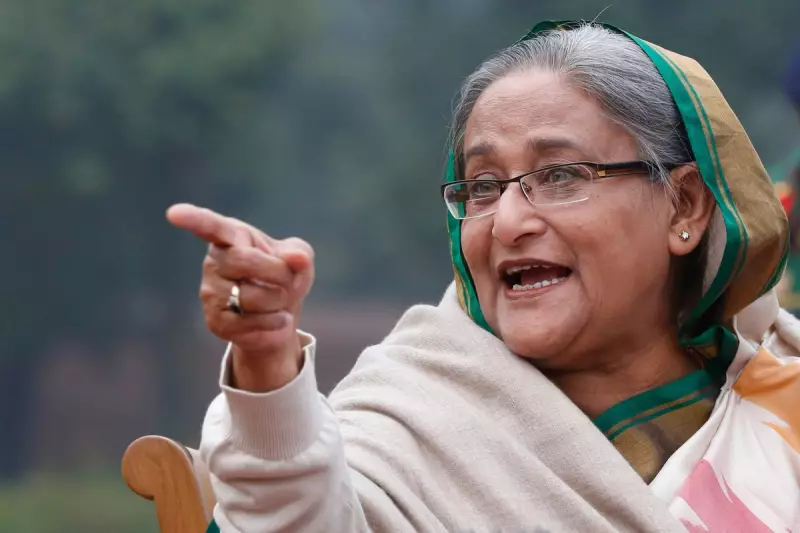
Bangladesh's former Prime Minister, Sheikh Hasina, has been handed a significant prison sentence of 21 years for her involvement in a high-profile land corruption scandal. The verdict was delivered in absentia as the ousted leader remains in exile.
The Court's Ruling and Charges
On Thursday 27 November 2025, the Dhaka Special Court found Sheikh Hasina guilty in three separate corruption cases connected to the illegal allocation of plots in the government's Purbachal New Town project. Presiding Judge Mohammad Abdullah Al Mamun ordered that the three individual seven-year sentences be served consecutively, totalling the 21-year term.
The court determined that Hasina had illegally secured valuable land plots for herself and her family members, despite them being ineligible for such allocations. In a related development, her son Sajeeb Wazed and daughter Saima Wazed were each sentenced to five years in prison in one of the three cases.
A Broader Legal and Political Crisis
This sentencing is the latest in a series of legal blows for the former leader. Earlier this month, she was sentenced to death for crimes against humanity related to the crackdown on the mass uprising that ended her 15-year rule last year. All of these trials have been conducted without her presence, as she is currently residing in India.
The legal actions against Hasina and her family were initiated by Bangladesh's Anti-Corruption Commission following her removal from power. The former Prime Minister and her Awami League party have consistently denounced the proceedings. Notably, she did not appoint a defence lawyer for these cases, a move that underscores her rejection of the court's legitimacy.
International Scrutiny and Political Transition
The trial process has attracted significant international attention, with global human rights groups questioning the credibility and fairness of the judicial proceedings. These concerns add another layer of complexity to Bangladesh's already turbulent political landscape.
The nation is currently navigating a difficult political transition under an interim government led by Nobel Peace Prize laureate Muhammad Yunus. With new elections planned for February, these verdicts are set to cast a long shadow over the country's immediate political future. Another verdict in a separate case related to the land project is expected on 1 December.





